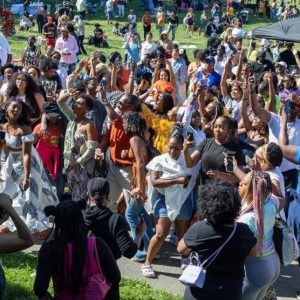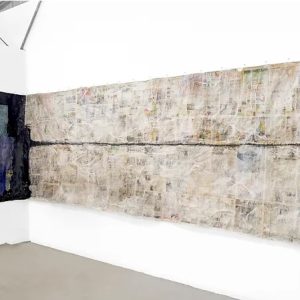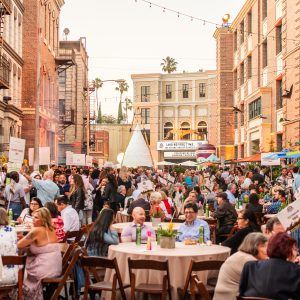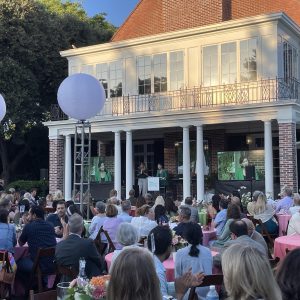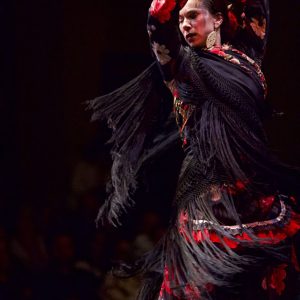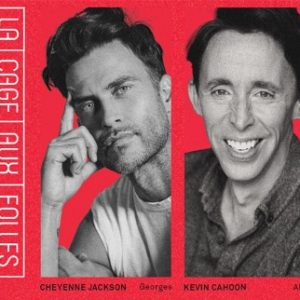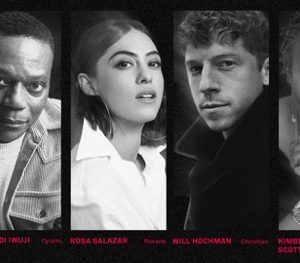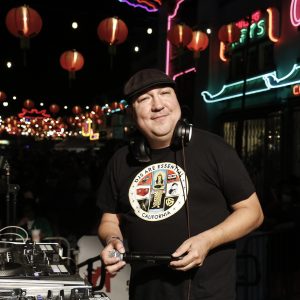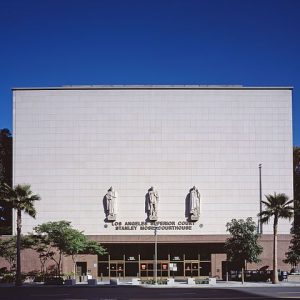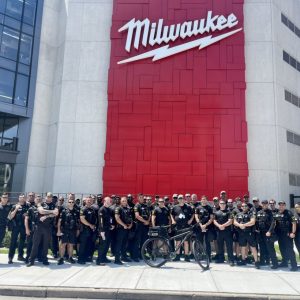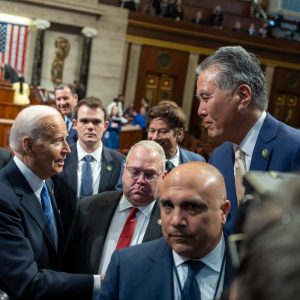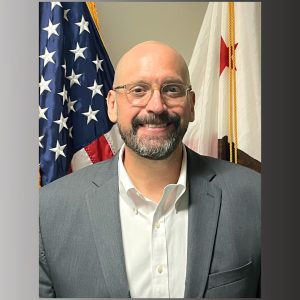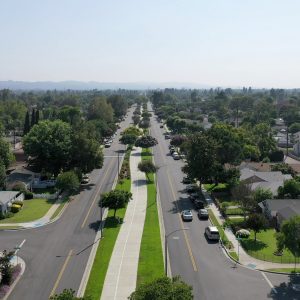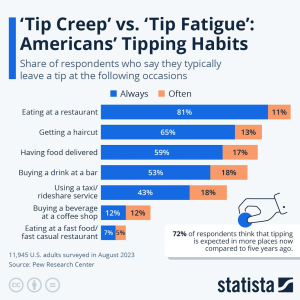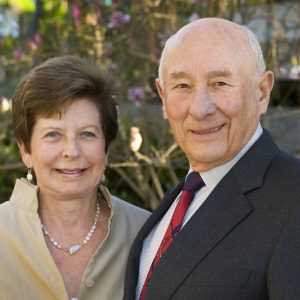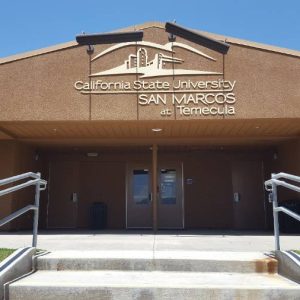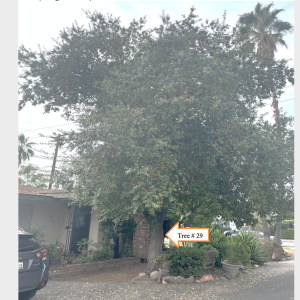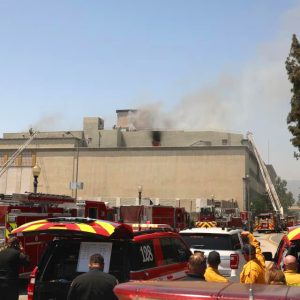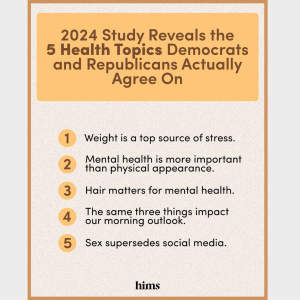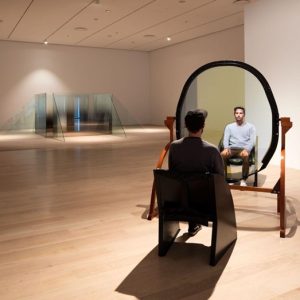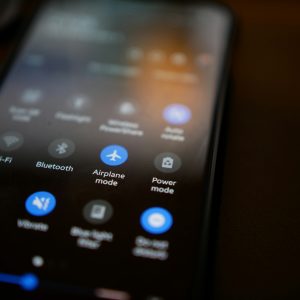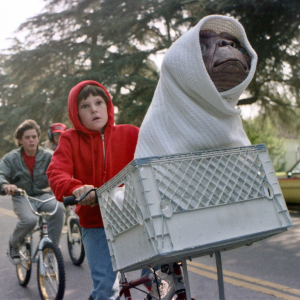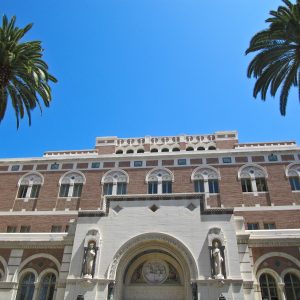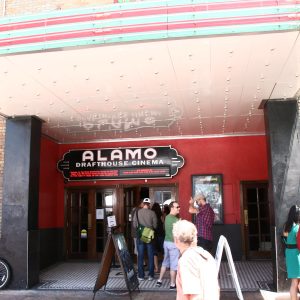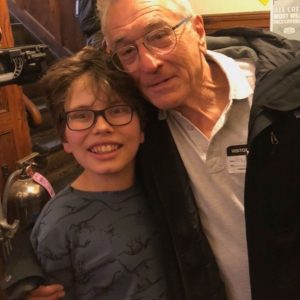 View Winners →
View Winners → 
Return from the Wings is an interview series that examines the COVID-19 pandemic’s effect on theatre. Leaders from companies and playhouses across the Southland learned to adapt and went without. Now, as the house lights start to come back up and California allows for venues to reopen, those very same leaders reflect on how life changed in a seemingly endless stretch without live performance.
This week, we speak with Ben Guillory, the Co-Founder and Producing Artistic Director of the Robey Theatre Company in Los Angeles.
Q: What did the pandemic teach you about theatre and its ability to adapt?
A: Well, you know, I always felt theater has an ability to adapt because the dimensions of theatre is its life. One has to be there. It’s an ephemeral experience, that if you’re not there, you missed it. There are some technical things that are diddler. It’s a zoom universe, isn’t it? zoom is a foundation now of so many things, including some, some work we do. We did a production, a reading, which was more than a reading of Othello. I was pleasantly surprised that it worked out as well as it did. Because you know, it’s a five act play. It’s a long haul and we cut very little of it, multiracial cast. So we learned that was a very much learning curve. To try to navigate too.
Q: Throw the budget out the window. What’s your dream production?
A: It’s called “A difficult discussion.” It’s what we’re working on now. It’s a commissioned piece. Levy Lee Simon is the playwright? We have a wonderful creative relationship with Lee. We produce the trilogy of his plays about the Haitian slave revolt of 1791. About Toussaint, but Jean Jacques Dessalines and Henri’ Christophe, which, who was a stuff of myths, but it is actual history. They emerged as the leadership of Haitian slave revolt, that went from 1791 to 1803, where the constitution and declaration of independence from France, which had colonized Haiti and brought over a half a million African people to be enslaved there over a 300 year period. It was the kind of play that we were founded to do. Second commission play from Lee, entitled “The Magnificent Dunbar Hotel” above the Dunbar hotel right here in Central Avenue. A landmark. And what went on there in the 30s 40s 50s, in its heyday. When it was the only Hotel in Los Angeles, that allowed blacks to stay. Paul Robeson was the inspiration. And Paul was all about social change, and social consciousness. And this guides the Robie theatre companies, choices in work. And well, the kind of work we do. And it must be theater, of course, it must be entertaining. And it must also have that social consciousness that does not bite its tongue, does not compromise. And so this play is an example of that, as in most of the work that we do.
Q: How often does Danny [Glover] come down?
A: Danny comes down often. He lives in San Francisco, always lived in San Francisco. Now he doesn’t live in Los Angeles. But whenever we need him to come down, he comes. There’s no conflict with him to work, his work. And you know, he works a lot and not to mention his whole activist stance, which you probably know about. I’m the day to day guy, Danny, and I talk all the time. And we’ve known each other for over 50 years. We knew each other before we were actors.
Q: Where do you see The Robey Theatre a year from now?
A: The curtain will not go up in this room, which is where we work. Mostly theater for here until 2022 to get it back to a kind of normality where the curtains and go up and folks can come and sit in the audience. To watch a piece of work done, and folks are 10, 15 feet away from them. Theatre doesn’t happen without an audience. And yeah, so there’s a lot of nuance that has to happen, even though it has begun. There’s a light at the end of the tunnel with the vaccines and that’s a good thing.




